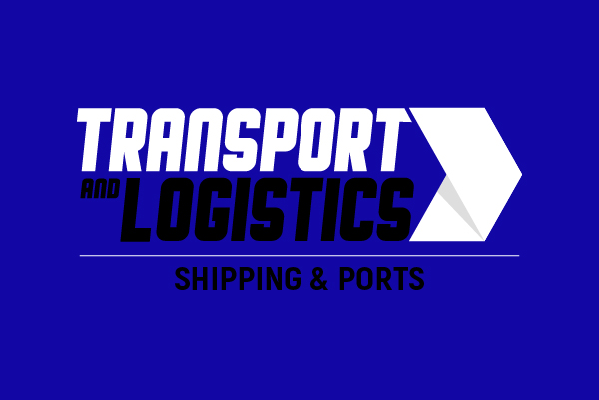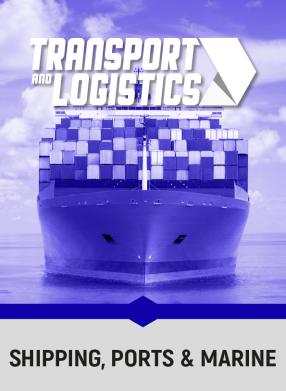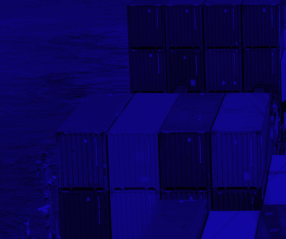Apapa port in Nigeria has known for being Africa’s biggest post has seen a recent decline in it business and day to day shipping and trading due to the new policy on Nigeria importing.
The port is renowned for its chaotic and busy schedule with ships often having to wait days to unload their cargo, with anything from vehicles to consumer goods like consumables with drivers often waiting to collect the goods from shipping.
Reports suggest that the port has become vacant, the and these concerns have been raised with customs officials and shipping executives.
This follows a list ongoing decline in foreign reserves, as a result of oil prices crashing. Nigeria commercial capitol Lagos has seen a massive decline in shipping in the port. Central bank restrictions in Summer 2015 also blocked imports of hundreds of imports that Nigeria usually has through its ports.
The central bank policy is backed by President Buhari who aims to boost local manufacturing and resident agriculture. Previously the country has relied upon its oil revenues to bring in trade in the country.
The short term losses caused by the policy are actually negatively effecting manufacturers as they struggle to establish reliable local suppliers for the raw materials needed to make goods.
The country is currently experiencing a distressing economic slump, the worst the country’s worst in 15 years due to the oil prices falling in the middle of 2014. The sharp drop in imports only seems to further worries about the already shaken market.
Shipping executives are raising concerns that the policy only seeks to cut off aspects of the economy that originally functional and these restrictions are only causing more uncertainty in Nigeria. The Shipping Association of Nigeria represents container trade in Nigeria and major corporations such as Maersk and CMA CGM.
Companies wishing to rebel against this policy are rerouting shipping to Cotonou port in Benin and brought into Nigeria on land borders, the customs duties are lower than shipping and generate less funds for the Nigerian Government. Which leads critics of this policy to believe that these actions only benefit smugglers in the country by providing a new lucrative market to associate with.












